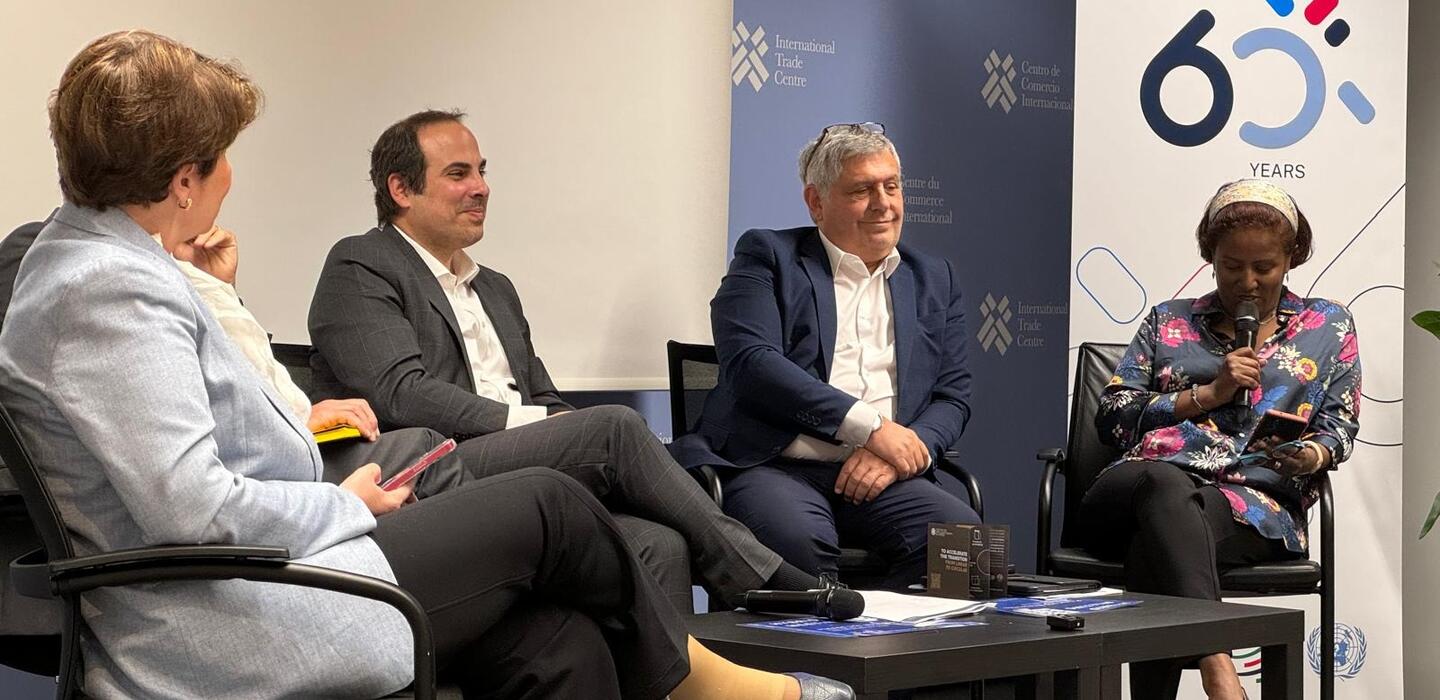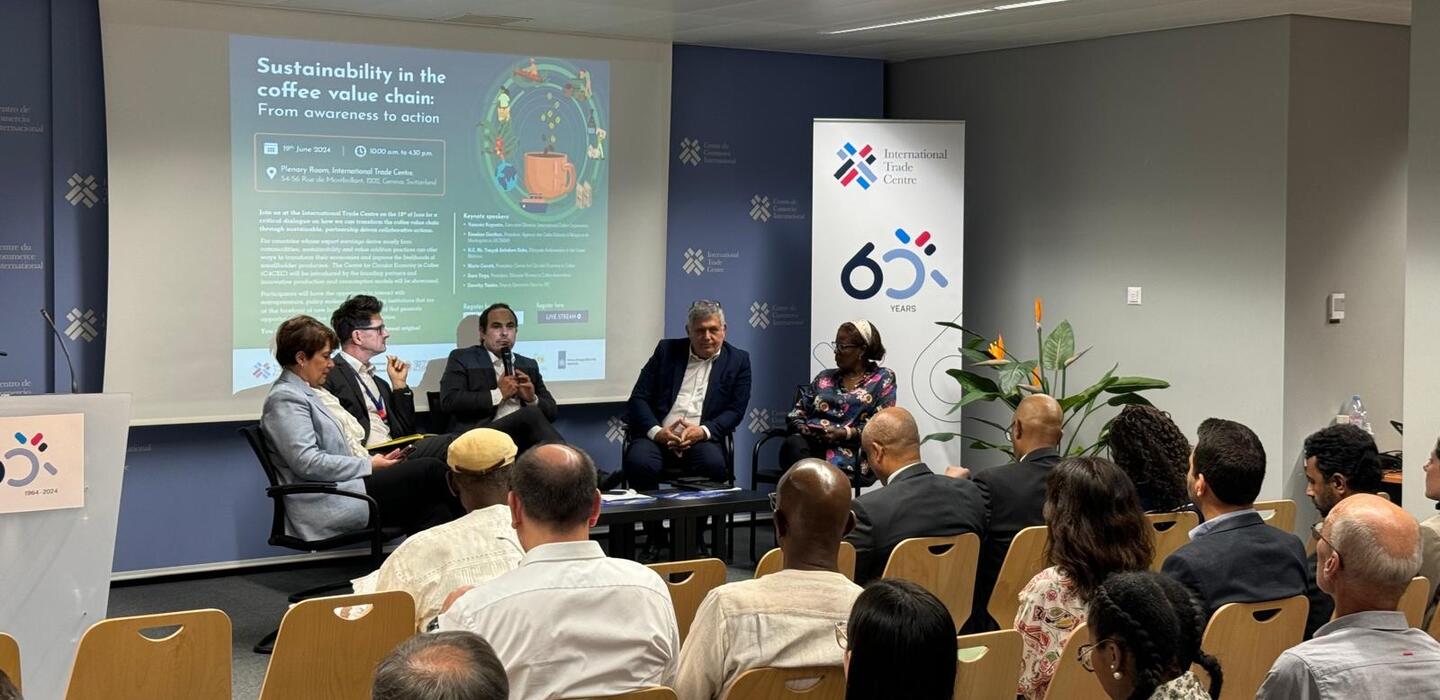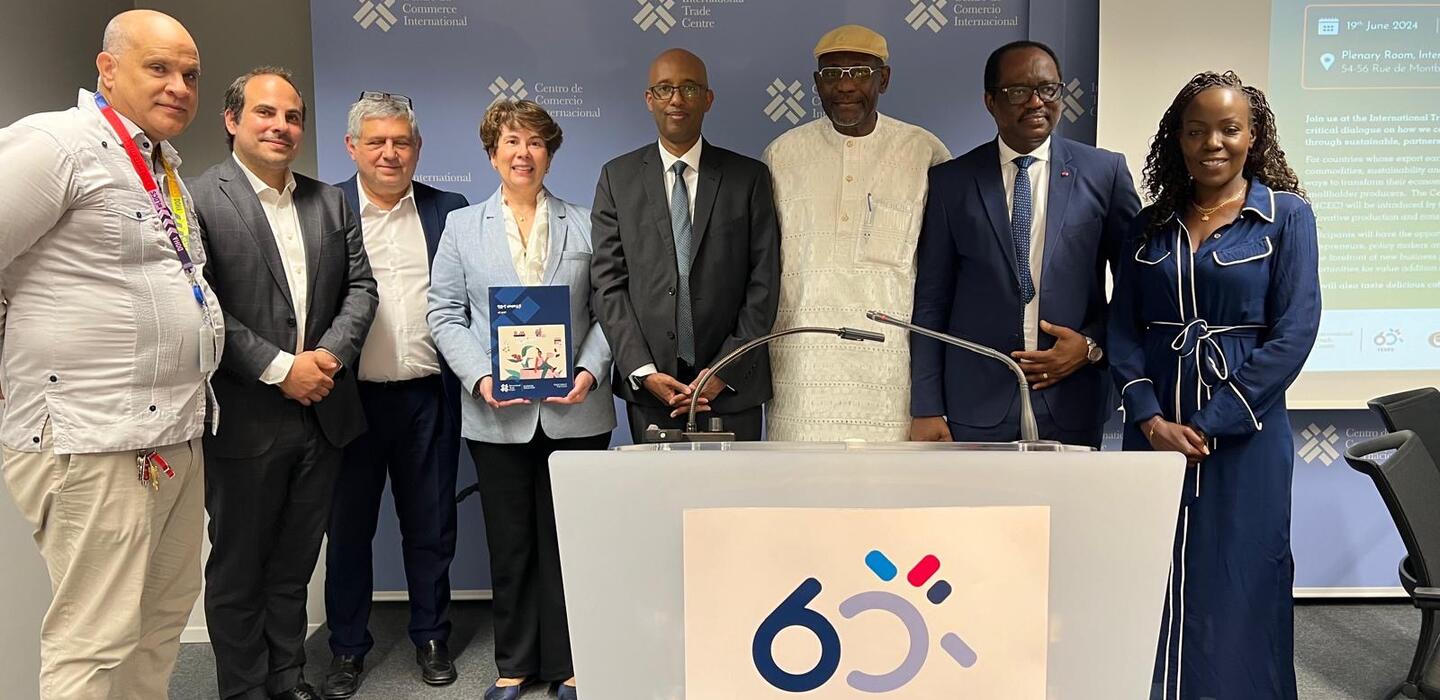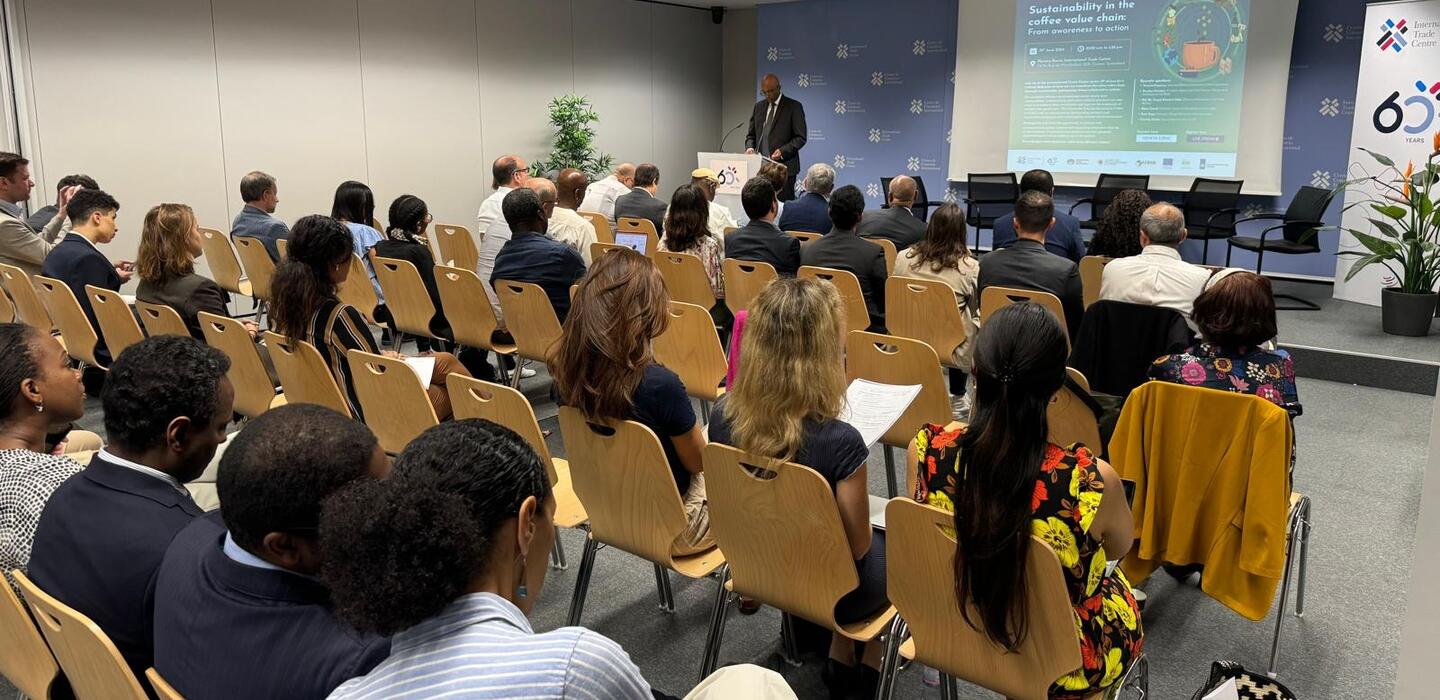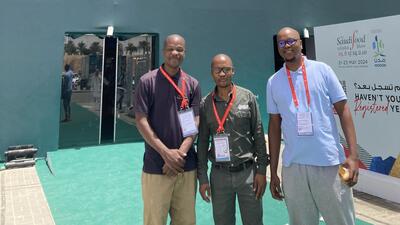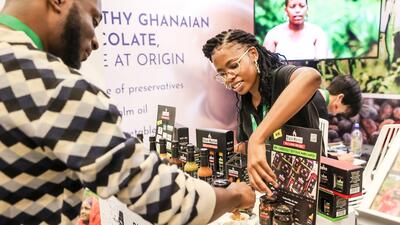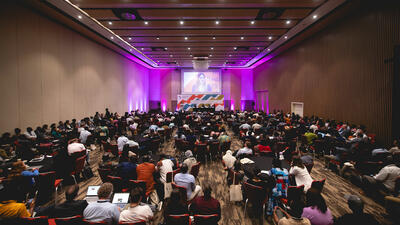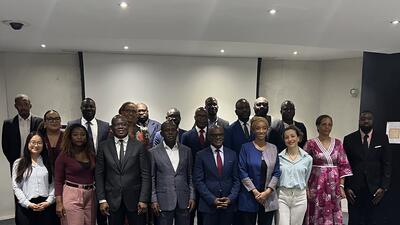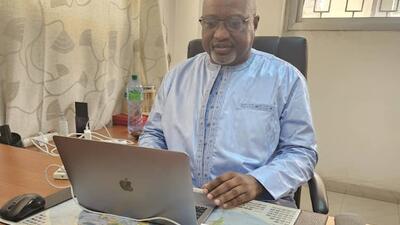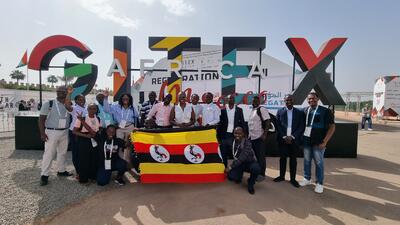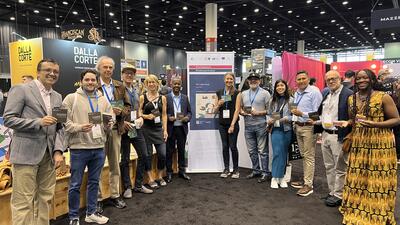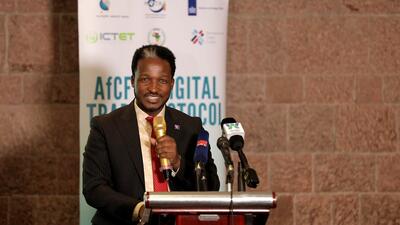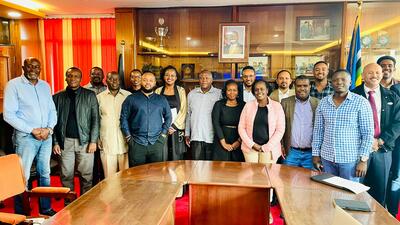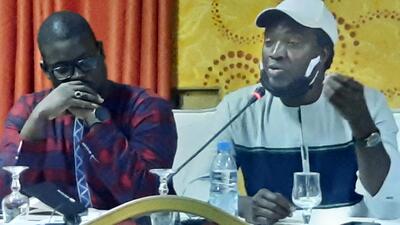
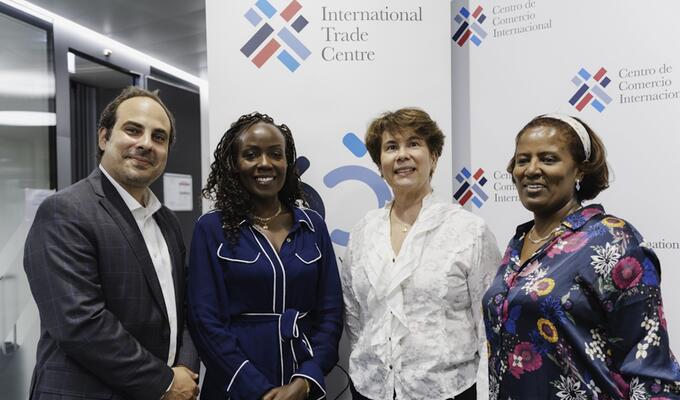
Geneva dialogues: Brainstorming pathways for a sustainable transformation of the coffee sector
The world’s top leaders and thinkers in the coffee business convened at the International Trade Centre (ITC) in Geneva on 19 June to discuss how to make coffee better for people and the planet.
The discussions centered on how to collectively make coffee more sustainable, at every step along the value chain, from farms to cafes.
The event, ‘Sustainability in the coffee value chain: From awareness to action,’ was unique in that it convened coffee and international development actors from around the globe in one room, all with the same shared vision for sustainable development.
International Coffee Organization Executive Director Vanusia Nogueira offered a snapshot of the current state of play, and the pressing need for an all-hands-on-board overhaul of ‘business as usual.’
The President of the Robusta Coffee Agency of Africa and Madagascar (ACRAM) Enselme Gouthon was also present, sharing milestones achieved and progress yet to be made on behalf of coffee producers in West Africa. Representing Cameroon, Omer Maledy called for giving youth a greater role. He showed how Cameroon is doing just that through the Next Generation initiative, implemented with support from ITC, the European Union, and the Organisation of African, Caribbean and Pacific States.
Mario Cerutti, Chief Institutional Relations and Sustainability Officer at Lavazza Group, pointed out hurdles to sustainable development in coffee. He also explained howregulatory developments like the EU Deforestation Regulation and the Corporate Sustainable Due Diligence Directive come into play, and the value of integrating a circular economy in the coffee sector. He invited all industry stakeholders to join this effort through membership of the Center for Circular Economy in Coffee.
Keeping up with changing regulations
With a rapidly changing sustainability and regulatory landscape in coffee, Sara Yirga, President of the Women in Coffee Ethiopia organization, underscored the urgent need to fill the knowledge and information gaps at coffee origin.
‘Producers and processors need to understand that whatever they do in terms of sustainability actions, it’s going to impact what they earn. Sustainability practices can drive higher income generation and market opportunities for African MSMEs and producers. As an industry, we must rally to share the information they need,’ she said.
Tsegab Kebebew, Ethiopian Ambassador to the U.N, praised efforts to share knowledge with producers through the Amharic translation of the Coffee Guide, 4th edition, which is already benefitting Ethiopian coffee growers today.
To date, ITC has supported an estimated 15,000 businesses in the coffee sector and reached hundreds of thousands of farmers and coffee producers through partnerships with cooperatives and social enterprises.
Our global network of partners spans over 25 countries through the ITC Coffee Guide Network. ITC runs projects across 15 countries in Africa, Latin America, Asia and the Pacific with the help of funding from donors like the Kingdom of the Netherlands, the European Union, the United Kingdom and many more.
About the projects
The ACP Business-Friendly programme is funded by the European Union and the Organisation of African, Caribbean and Pacific States (OACPS) and jointly implemented by ITC’s Alliances for Action, the World Bank and UNIDO. It seeks to improve the ability of agribusiness firms in ACP countries to compete, grow and prosper in domestic, regional and international markets. Through the Alliances for Action approach, it promotes inclusive and sustainable agricultural value chains that value all stakeholders from farm to shelf.
The Netherlands Trust Fund V (NTF) (July 2021 – June 2025) is based on a partnership between the Ministry of Foreign Affairs of The Netherlands and the International Trade Centre. The programme supports MSMEs in the digital technologies through its EcomConnect programme and agribusiness sectors through its Alliances for Action programme. Its ambition is two-fold: to contribute to an inclusive and sustainable transformation of food systems, partially through digital solutions, and drive the internationalization of tech start-ups and export of IT&BPO companies in selected Sub-Saharan African countries.




